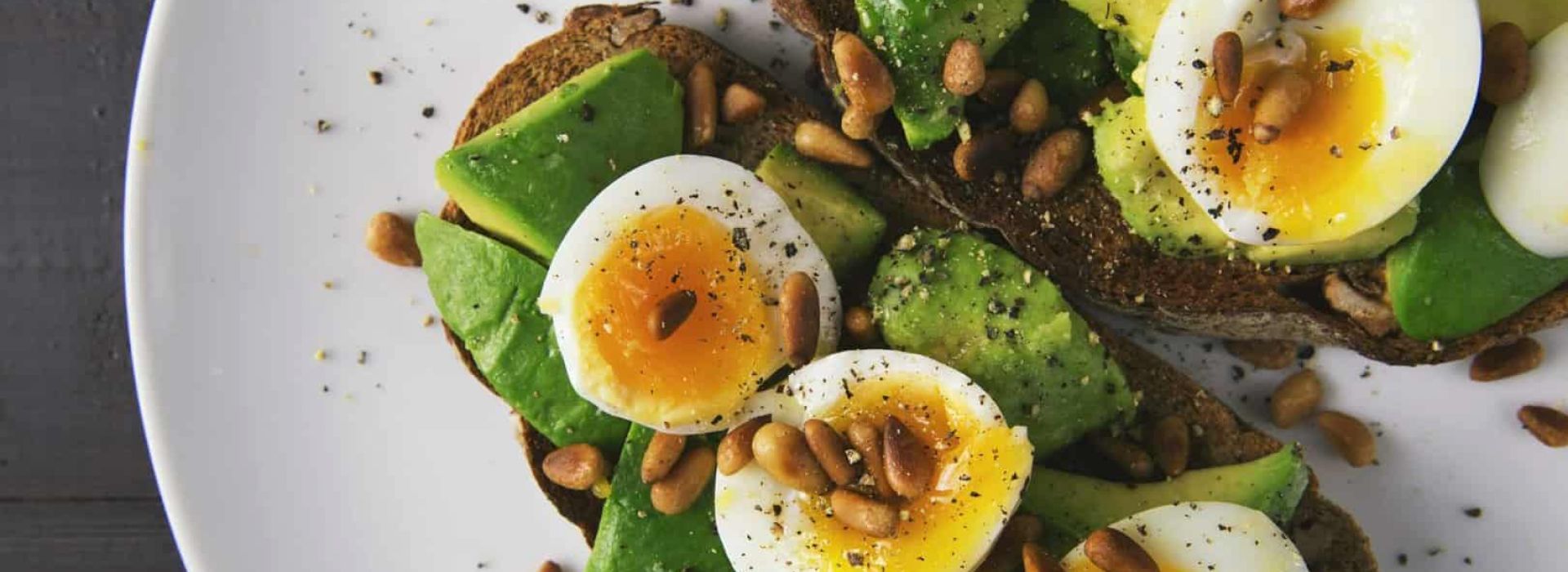The Best Foods to Boost Mental Health

There are many foods that can boost mental health, but the best ones are those that are rich in nutrients that are important for brain function. Some examples of these types of foods include:
- Fruits and vegetables: These are rich in antioxidants, which can help to protect the brain from oxidative stress.
- Nuts and seeds: These are rich in healthy fats, protein, and other nutrients that are important for brain function.
- Fish: Fish, particularly fatty fish like salmon, are rich in omega-3 fatty acids, which are important for brain health.
- Whole grains: These are rich in fiber and other nutrients that can help to improve brain function.
- Lean protein: Protein is important for brain health, and lean sources of protein, such as chicken and turkey, can help to keep you feeling full and satisfied.
It’s also important to stay hydrated, as the brain is mostly made up of water. Finally, try to get enough sleep and manage stress, as both of these can have a big impact on mental health.
Is Nutrition Important for Mental Health?
Yes, nutrition is highly important for mental health. The brain needs a constant supply of nutrients in order to function properly, and a diet that is lacking in essential nutrients can have negative effects on mood, cognition, and overall mental health. Conversely, a diet that is rich in nutrients that are important for brain function, such as healthy fats, protein, and antioxidants, can help to support mental health and well-being.
There is also some evidence to suggest that certain nutrients may have specific benefits for mental health. For example, omega-3 fatty acids, which are found in fatty fish, nuts, and seeds, have been shown to have anti-inflammatory effects and may be helpful for conditions such as depression and anxiety. B vitamins, which are found in whole grains, nuts, and leafy green vegetables, are important for brain function and may also be helpful for mental health. It’s important to note, however, that nutrition is just one piece of the puzzle when it comes to mental health. Other factors, such as sleep, exercise, and stress management, also play a role.
Nutrition as Part of Holistic Treatment
Nutrition can be an important part of a holistic treatment approach for mental health conditions. While it is not a replacement for traditional therapies such as medication and talk therapy, a healthy diet can help to support overall mental health and well-being.
Incorporating nutrition into a holistic treatment plan may involve working with a registered dietitian or nutritionist to develop a healthy eating plan that is tailored to the individual’s needs. It may also involve making lifestyle changes, such as getting enough sleep, exercising regularly, and managing stress, which can all have a positive impact on mental health.
It’s important to work with a mental health professional to determine the best treatment plan for you. This may include a combination of traditional therapies, such as medication and talk therapy, as well as self-care strategies like nutrition and lifestyle changes.
At Flatirons Recovery, nutrition is a key component of our holistic programming for mental health.
How to get Into the Routine of Eating Healthy for Better Mental Health
Here are a few tips to help you get into the routine of eating healthy:
- Plan ahead: Preparing healthy meals and snacks in advance can make it easier to stick to a healthy diet. Make a meal plan for the week and shop for groceries accordingly.
- Keep healthy options on hand: Keep your kitchen stocked with healthy options, such as fruits, vegetables, nuts, and seeds, so you’ll have them available when you’re hungry.
- Make healthy meals and snacks a part of your daily routine: Incorporate healthy meals and snacks into your daily routine, rather than viewing them as an afterthought.
- Experiment with new healthy recipes: Trying new healthy recipes can help to keep things interesting and can also expose you to new foods and flavors.
- Don’t be too hard on yourself: It’s okay to indulge in unhealthy foods occasionally. The key is to have a healthy balance overall.
- Seek support: Consider enlisting the help of a registered dietitian or a nutritionist, or joining a support group to help you make healthy changes.
- Be consistent: It’s important to be consistent with your healthy eating habits, rather than viewing them as a temporary change. Making healthy eating a part of your long-term routine can help to support overall health and well-being.
Interested in holistic treatment for mental health? Call us to learn more about our programs.

